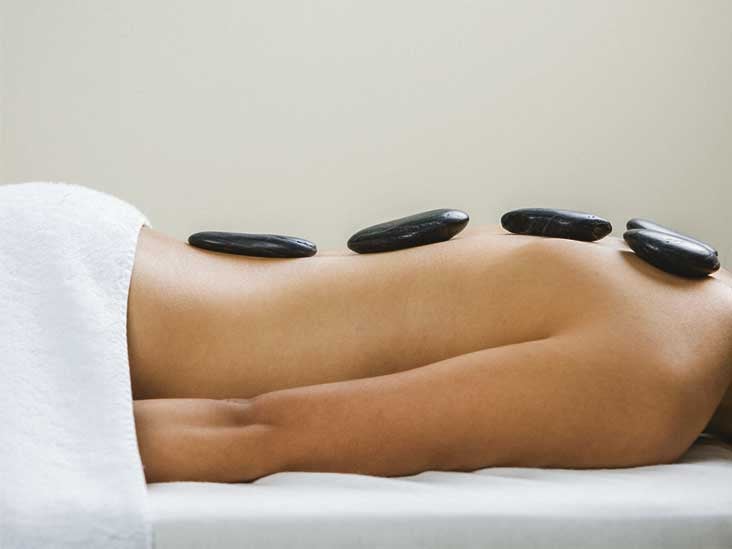The Benefits of Watsu


Watsu is a type of water therapy that is passive and deep relaxation. It is best to practice it in a private, one on only setting. The therapist gently moves the receiver and then holds them in their arms while they lay down in chest-deep water. The aim is to ease and rejuvenate. Watsu can have a lasting impact on your life. It has helped many people restore a sense of wellbeing and health.
Watsu is a Japanese art that dates back to the 1980s. It was created by Harold Dull, a poet. It is based upon the principle of floating on the water with support from the person giving it. The method was first developed in Italy as well as other countries and is now an official trademark. The term Watsu has become a synonym for therapeutic massage. Many Watsu practitioners claim that it has helped their patients' quality-of-life. Watsu is a highly effective treatment that promotes both physical and mental well-being.
Watsu is a popular alternative therapy that has been extensively used in health spas. It is a registered trademark of its creator, Calias P. Dull. Since 1990, it has been used in sex-therapy sessions. It's still controversial however many who have tried it have had positive results. https://www.runningmanmassage.com/gbgs It can also be beneficial for women who have experienced difficulties during pregnancy, or who suffer from chronic pain. Watsu can also be beneficial for people who suffer from a range of illnesses.
Watsu is a type of water of touch therapy that has been around for many centuries. Its founder, Harold K. Dull, incorporated it into a variety of techniques. It is now a part of a variety of hospitals Aqua Physiotherapy programs, including Watsu. It has been proven very effective in treating PTSD which is a chronic illness. Watsu is the basis of many other therapies using water. And thanks to its widespread popularity, Watsu has become an internationally acknowledged standard for training professionals.
Watsu isn't just great for pain relief, but it has numerous other advantages. Regular sessions can improve balance and strength and help relieve tension and stress. It can also be extremely relaxing and aid in overcoming depression and anxiety. Watsu is an ancient practice that has been practiced in numerous health spas across the world for over 40 years. If you're thinking of taking it on, investigate. This has helped thousands of people feel better.
Watsu began in the 1940s. It began in California and was where Harold Dull, a poet from the San Francisco Renaissance movement, studied Zen Shiatsu in Japan with Master Masunaga. He then began applying stretching techniques of Zen Shiatsu to his patients in a thermal water pool. Watsu was born. Watsu is a relaxing way of relaxing.
Watsu has been around for more than 40 years and is an extremely popular alternative therapy in Italy. Calias P. Dull Harold K. Dull's daughter is the person who gave the practice its name. The name Watsu is a trademark registered of the Dull family and was initially used by the founder of the practice. This is the reason Watsu has become so popular in Italy. It is a great option for those looking for an easy, pain-free alternative therapy.
Watsu is loved by many people all over the globe. It encourages sleep and reduces stress. Watsu clients feel a deep emotional release and often return for more. The process of developing Watsu was first conceived in the 1980s by Harold Dull, a famous poet. It is being incorporated into aquatic therapy and rehabilitation as a complementary therapy. It can help many people. It could lower the risk of heart and stroke disease, and increase circulation.
Watsu was introduced to Italy in the early 1990s by the Study Center for Natural Birth of Venice. It is now being promoted by the study center in Italy as a useful course for obstetricians. Watsu is an alternative therapy with various benefits. It can help improve muscle function, balance strength, balance, and anxiety. Watsu can also help to relieve tension and stress. This type of therapy has numerous benefits, including the reduction of back pain, as well as improvement in mood and perception of pain.
